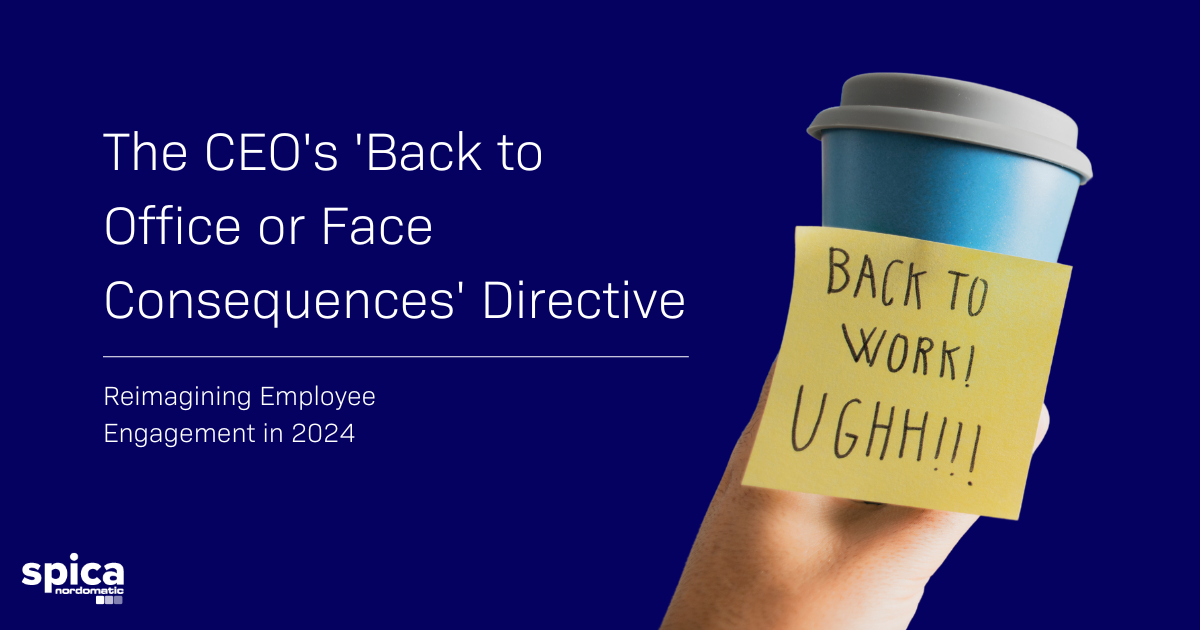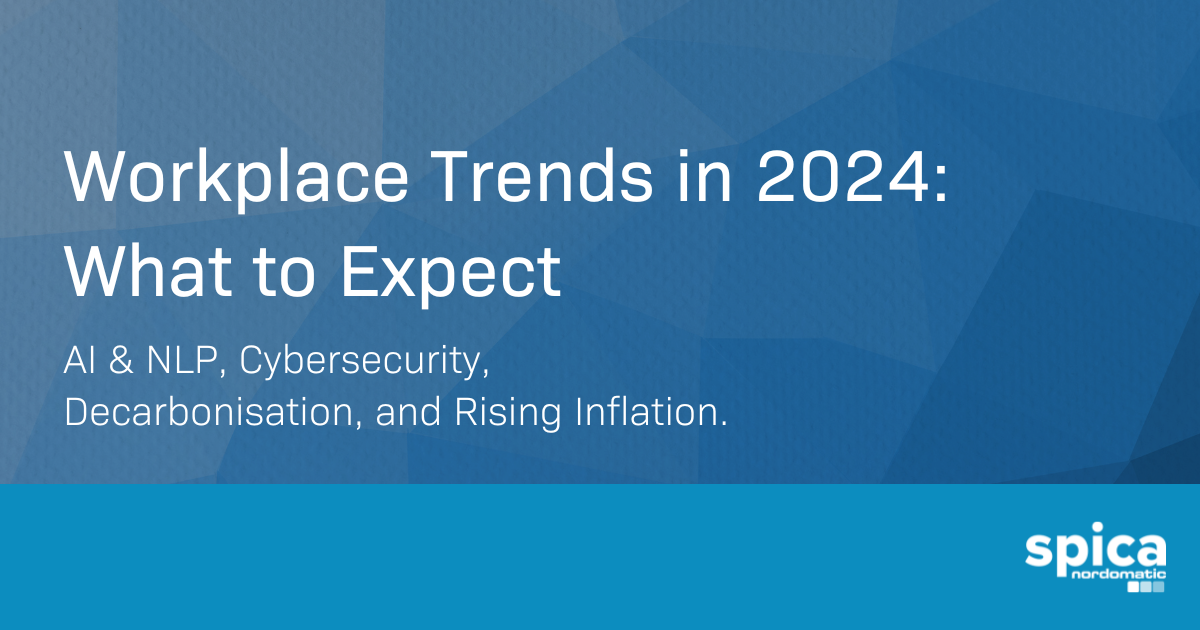Is your company ready for the new ESG Regulations? Today, we’re breaking down the complexities of the Corporate Sustainability Reporting Directive (CSRD) in straightforward terms, shedding light on what it means for companies and why it’s crucial to get on board sooner rather than later.
What is the CSRD?
In simple terms, the CSRD is a set of rules that ask companies to share information about how they’re doing in terms of being eco-friendly, socially responsible and well-managed. Born out of the EU’s commitment to sustainability, the CSRD aims to enhance transparency and accountability in business operations, specifically focusing on environmental, social, and governance (ESG) factors.
Key CSRD Requirements:
Starting in 2024, big companies in the EU need to follow these rules and get someone outside of their company to check that they’re doing things right. This is called “independent assurance.” Think about it like this: it’s like having an impartial referee in a game to make sure everyone plays fair.

Who Needs to Follow CSRD and When?
The CSRD applies to different types of companies, and when they need to start following these rules depends on their size. It’s like a phased rollout:
- 2024: Big companies with 500 or more employees, €40 million in sales, or €20 million in assets need to start reporting.
- 2025: Another group of big companies, a bit smaller with 250 or more employees, €40 million in sales, or €20 million in assets, join the reporting party.
- 2026: Small and medium-sized companies listed on the stock market with over 10 employees, €700,000 in sales, or €350,000 in assets are in.
- 2028: Non-EU companies with a big presence in the EU, meaning they have a lot of money coming in from there, also need to start reporting.
Why It Matters:
The CSRD is very important because it’s about making sure companies are playing by the rules when it comes to being green, treating people right, and managing things well. It’s not just about avoiding trouble; it’s a chance for companies to show off the good things they’re doing and earn the trust of customers and investors.
Consequences of Non-Compliance:
Non-compliance with the CSRD could result in legal repercussions, damage to reputation, and financial penalties. Moreover, the market is increasingly recognising the value of sustainable practices, making CSRD compliance a strategic imperative for long-term viability.
The Current Situation:
A recent study by KPMG, a big company that checks how well others are doing, found that three-quarters of companies aren’t ready for external checks on their ESG data. This is a bit concerning, especially since the CSRD is approaching. It’s like having a big test and realising you haven’t studied enough!
What’s Next?
As the CSRD takes center stage, the real estate industry stands at the cusp of a paradigm shift. We anticipate a surge in demand for PropTech solutions that ensure compliance and empower organisations to leverage sustainability as a driver for innovation and growth. Stay tuned as Spica Technologies continues to lead the way in shaping the future of sustainable real estate.
In conclusion, the CSRD heralds a new era for corporate reporting, placing sustainability at the forefront of business considerations. Embracing this change is not just about compliance; it’s about future-proofing your business and contributing to a more sustainable and resilient global economy. At Spica Technologies, we stand ready to support you on this transformative journey towards a greener and more sustainable future.















